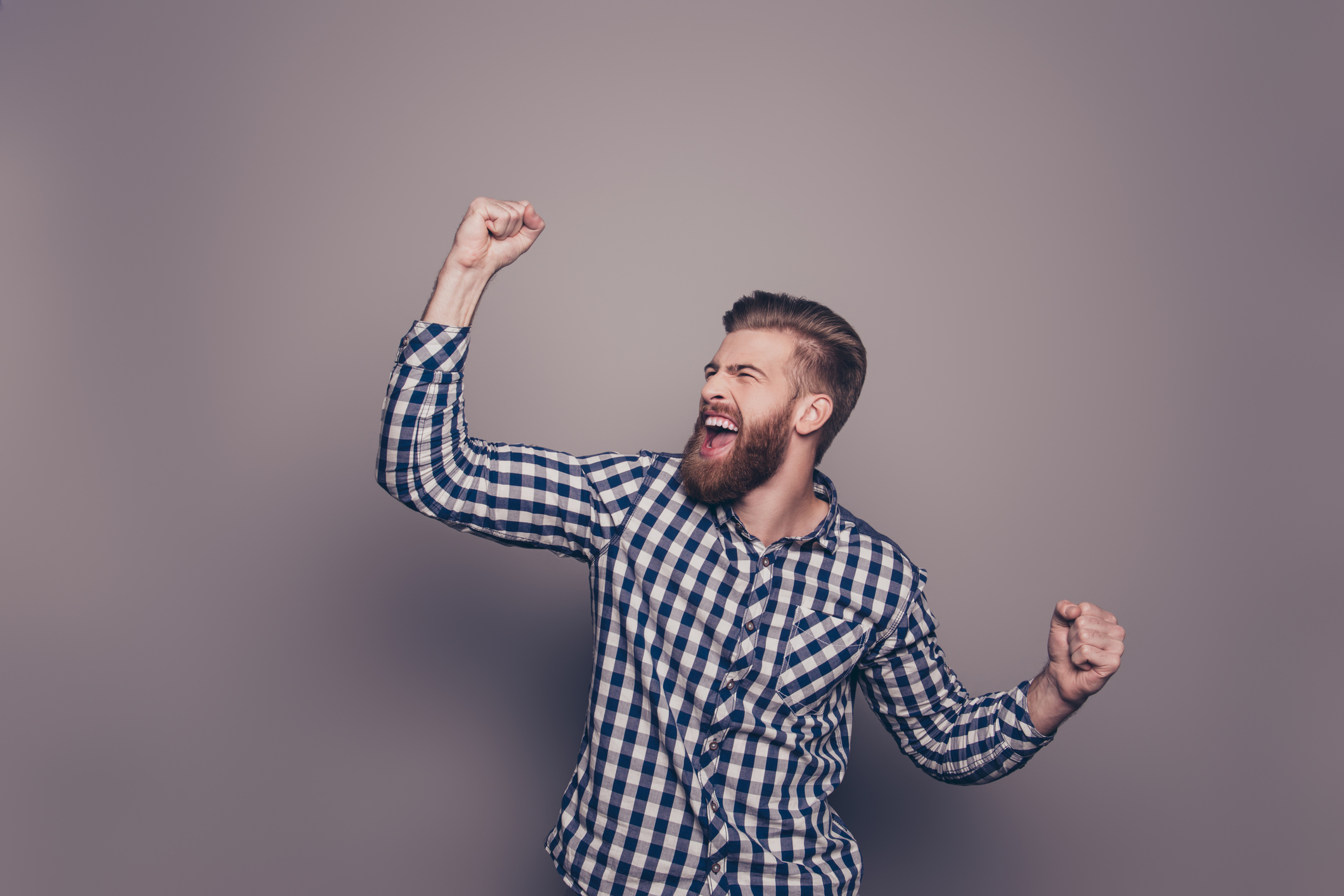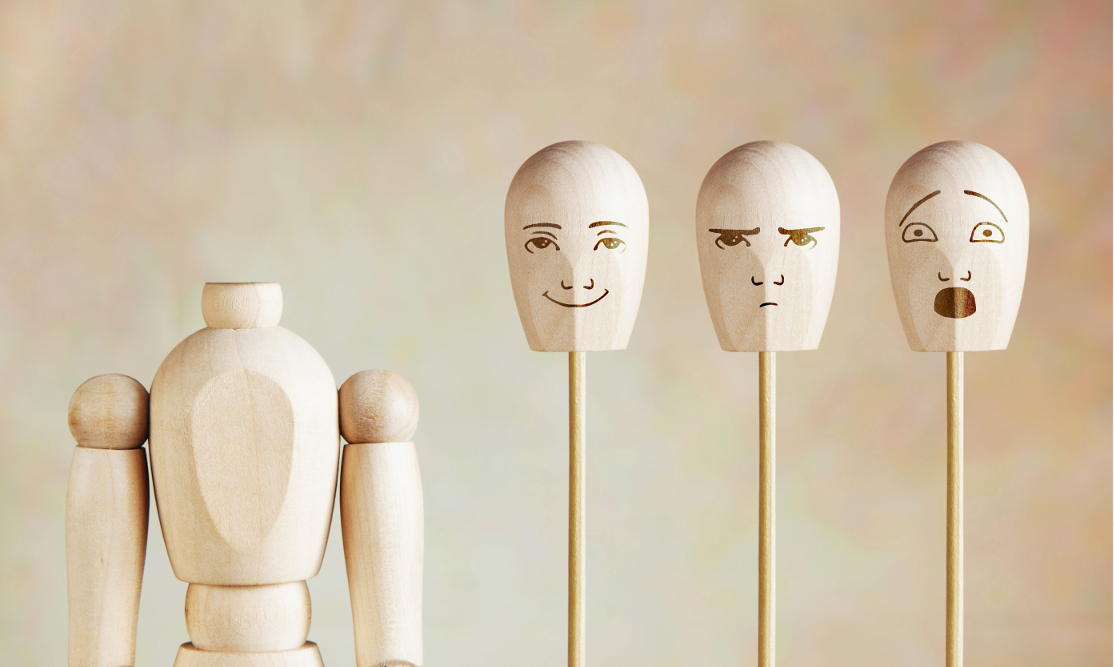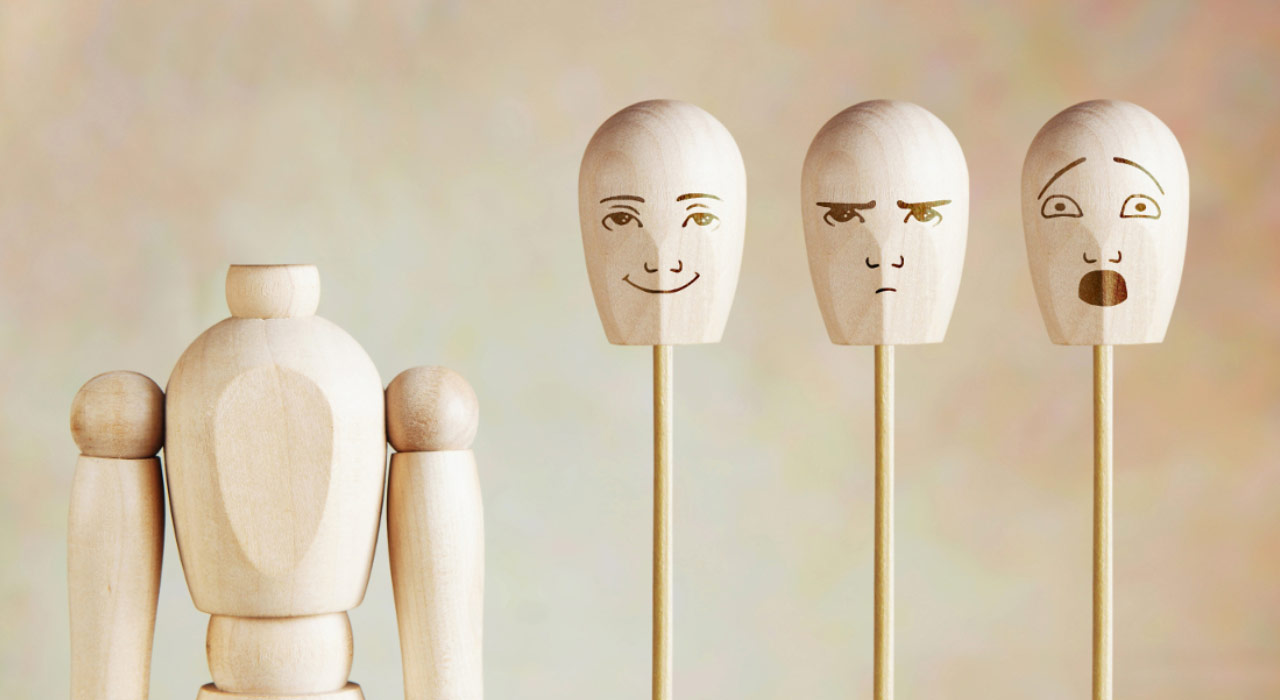23 Fun German Interjections: from Ätsch to Igitt!
How can you express happiness in German? What is the right replacement for ‘damn’ when you’re speaking German? How can you say ‘ouch’ like a German would?
The answer is to use German interjections.

Learning a new language is always a challenge: you have to keep in mind so many new rules and words. However, a language is not only grammar and vocabulary, it is also the culture and how you express yourself.
Every language has its own tonality, emotions and gestures. In many languages (including German), one of the best ways to express your emotions is to use interjections. Interjections make your speech more lively, and will help you feel more like a native. What’s more, interjections are standalone words, so you don’t need to know about sentence structure before you start using them.
By learning German interjections, you’ll have an authentic way to express yourself in the language, even if you’re a beginner.
I’d like to share some of the most important German interjections related to specific feelings.
German Interjections to Express Joy
Let’s start with one of the most pleasant emotions: joy. In English you can express joy by saying “Hooray!”, “Yay!”, or if you’re feeling traditional, “Yippee!” German also has several words for “hooray”: Hurra (pronounced with a light breath in), Jippi and Juhu.
Oh My Goodness! Expressing Surprise in German
Usually we Germans exclaim “Oh, my Goodness” when we are surprised. In German this is Ach du meine Güte!

German Interjections for Teasing
When an English speaker says “It serves you right” the German speaker would hiss Ätsch. Meanwhile, variations of laughing seem to be international Ha-ha, Ho-ho, and Hi-hi all work in German, with the difference that you should not hesitate to laugh louder in German.
Wow! Expressing Amazement in German
An English speaker might say “Really?” or “Oh!” if given a free glass of beer. Echt?, Oho! or even Na so was (meaning “My, my”) are what Germans would say if this happened to them.
Just You Wait… Making Threats in German
Strictly speaking, the English phrase “Just you wait” has become a cartoon expression and does not create a strong sense of threat anymore. However, a short and precise “Oi!” could sound very threatening — just like the German Na or Oha pronounced with emphasis.

Oh Crap! Here’s How Germans Express Frustration (Explicit!)
You thought that German language does not have it’s own version of “crap”? You were mistaken! Here it is: Mist (literally “dung”). Moreover, there is an analog for “damn”: Verdammt nochmal or Zum Teufel!
And we can’t ignore the famous German Scheisse, literally “shit”. With children in front you would replaced by Schade — with long and expressive ‘Sch’.
Eww! Disgust in the German Language
Germans have a lot of simple ways to express disgust. You can say Pfui or Bäh, or at least Igitt (pronounced “ill-get”) or Ihn. The English equivalents to these are ‘pshaw’, “yuck”, “eww” or “ugh”.

How to Say “Ouch!” in German
The English “ouch” has become international, and will be understood in Germany. However, if you want to sound more German, you should say Aua.
How do Cats “Meow” in German? German Animal Sounds
Now for some fun! While animal sounds in German aren’t strictly speaking interjections, it’s fun and useful to know them. And it’s an interesting topic. Given that animals sound the same whichever country they’re from, how do different languages end up with different animal sounds? The answer is simple: at the inception of language, human speech was simply an imitation of different sounds. Natives of different languages hear the sounds differently and thus interpret them in their own way, which proves the flexibility of language systems.
That is why if you forgot how to say “frog” in German and wanted to explain it with the help of sounds, you would probably fail, because the German frogs don't croak, they ‘quak’.
- “Croak/Ribbet” — Quak (Frog)
- “Cockadoodledoo” — Kikeriki (Rooster)
- “Z-z-z” — Summ (Bee)
- “Tweet-tweet” — Piep (Bird)
- “Baa” — Mäh (Sheep)
- “Squeak” — Piep (Mouse)

Why German Interjections Matter
Many people think that interjections are not really an important part of language learning. You’re unlikely to find them in a beginner’s language course or textbook.
I disagree. In fact, you could go so far as to say interjections are integral to being human. They are equal to the emotions in that they express emotion in a raw, open way. And when you start using interjections, you’ll sound and feel much more like a native speaker.
What’s more, interjections are easily understood, especially with the use of gestures. So, when you’re learning a new language, always consider interjections that can help you sound more natural.



Social